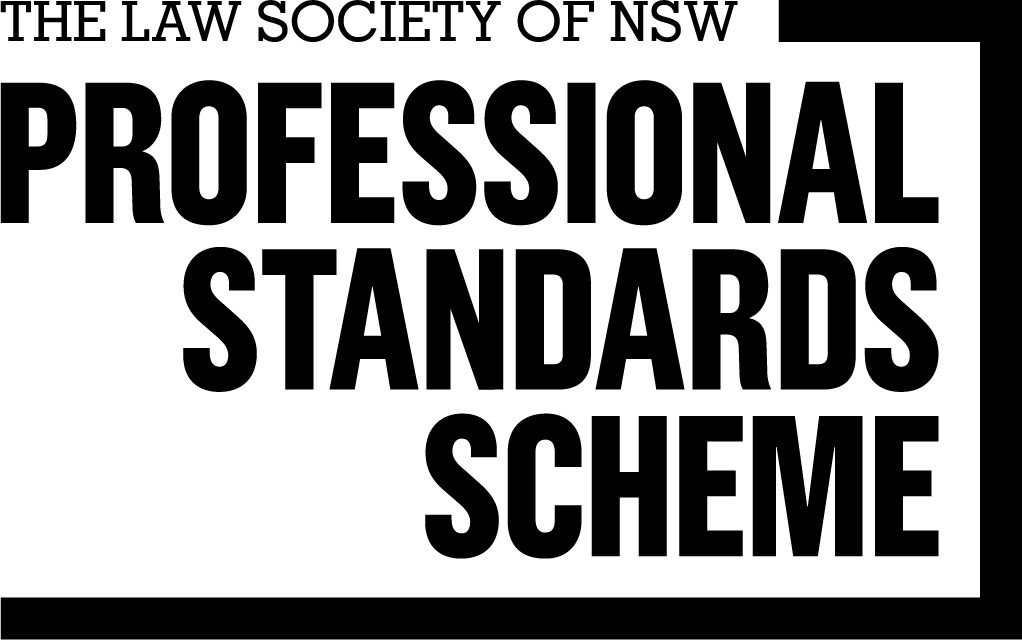Owners corporations and strata managers need to urgently address new issues around holding in person meetings and how to keep a strata scheme functioning and compliant in the strange and unexpected circumstances of COVID-19 and social distancing.
In NSW, owners corporations can take immediate action to change the nature of meetings from in person meetings to meetings on the papers, wholly electronic meetings or holding meetings by teleconference or video conference such as with Skype, Teams or Zoom.
What methods you adopt will depend on a few things including the manner of voting the scheme may have already resolved, the number of lots in the strata plan, the technical capabilities of the lot owners and whether wholly electronic meetings are feasible in your individual circumstances.
Strata committee meetings are already set up for this
In NSW under the Strata Schemes Management Act 2015 (the Act) strata committees already have the option of holding a committee meeting ‘on the papers’. Clause 9(2) Schedule 2 states a motion of the strata committee may be validly passed by votes in writing where 72 hours notice of the meeting and a copy of the meeting agenda have been given to each member of the strata committee.
Under Clause 10 Schedule 2 of the Act strata committee meetings can be held by means other than in person or on the papers. If a strata committee wants to start having meetings by teleconference or video conference, they need to first resolve to do so but this can be done at a paper meeting.
A strata committee should check first that all their members and the strata manager are willing and capable to participate in meetings held by tele or video conferencing. If not, it may be best for now to continue holding paper meetings where voting can be done electronically.
General Meetings – a new approach is needed
An owners corporation must hold an AGM annually and can also hold other general meetings (EGMs) throughout the year. General meetings are for all lot owners to vote on and determine various matters that are set out in the Act.
Critical matters that must be decided at a general meeting include the annual nomination and election of the strata committee, approval of the finances and budget for year ahead, obtaining and renewing insurance, passing by-laws and the striking of levies.
The AGM and EGMs for a strata scheme have traditionally been held either as full or partial ‘in person’ meetings – now that may all need to change.
Don’t want to hold general meetings in person? Has your strata scheme resolved to allow electronic voting?
Changes allowing a strata scheme to resolve to permit electronic voting at general meetings were part of the NSW strata legislation that came into force on 30 November 2016. Since then, many strata schemes have resolved to permit electronic voting and often general meeting votes are now cast electronically by lot owners filling out an ‘electronic voting paper’ issued with the agenda.
If your strata scheme has resolved to allow electronic voting, you can now transition to a fully electronic general meeting.
There are matters to be aware of with a wholly electronic meeting including different notices that must be set out in the agenda and issues with timing of return of voting papers and holding of the general meeting.
If you intend to have a wholly electronic AGM for your strata scheme there are extra issues that need to be considered including prior approval of budgets and the nomination and election of the strata committee.
Want to move away from in person general meetings but your strata scheme hasn’t already resolved to allow electronic voting?
This situation is a bit tricky; the Act requires an owners corporation to hold an in person general meeting to resolve to allow electronic voting or another means of voting.
There are some options available to strata schemes to deal with this and limit the number of persons needing to be present at an in person general meeting to enact electronic voting. Solutions can include the use of proxies (within the limitations on proxy numbers under the Act), the use of company nominees and even the physical location of the general meeting. What works will depend on the individual circumstances of the strata scheme including the number of lots.
Don’t jump to general meetings on Skype, Teams or Zoom
The future is coming – it is just happening a bit quickly for some. Very few strata schemes would have all their lot owners and their strata managers currently set up to attend meetings by tele or video conferencing. There will be changes in the way owners corporations hold meetings and COVID-19 may be the impetus for that to happen quickly, but for now you should limit those changes to a format that is readily accessible for the majority of owners in your strata scheme.
You can make changes now
Owners corporations can act proactively now to change the way their meetings and general meetings are held to ensure the ongoing health and safety of owners, occupiers and service providers.
It is tricky and unexpected but we are confident that with expert advice, all the issues can be managed within the framework of the Act, despite it being legislation that never foresaw a situation like COVID-19 arising.
Download PDF now – Owners Corporation meetings in the time of COVID-19
Speirs Ryan is a Sydney based boutique property law firm with national coverage. The firm is uniquely placed with specialist teams in both strata law and property transactions. Speirs Ryan has advised a number of stakeholders on strata issues and transactions including owners corporations, lot owners, statutory authorities, developers and private interests.
For further information or advice please contact us.
Disclaimer: The information contained in this article is provided as personal information only. It is not intended to be legal advice and it should not be used as legal or professional advice. The information in this article should be relied upon – lot owners and owners corporations should seek legal advice for their specific circumstances.






